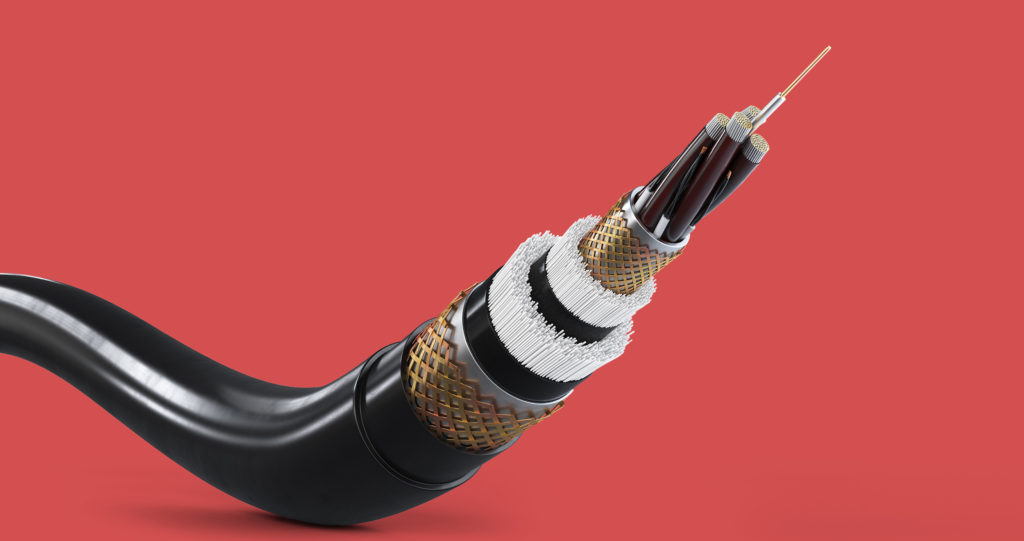
Top 5 Questions About Fiber Internet
Who doesn’t want fiber-optic internet if they can get it?
You’re not alone. Statista reports that fiber adoption rates increased by 22% worldwide in 2019, while online searches for “fiber internet” have been steadily climbing since early 2020, according to Google Trends.
You want that fiber-optic service, but you just have 1 or 2 or 5 little questions left. We know what they are, and we know the answers.
1. Will fiber improve my Wi-Fi?
The fast answer is no. Fiber exists outside your home. Wi-Fi exists inside your home. Fiber delivers the internet to your home router, and Wi-Fi provides wireless access for all of your devices connected to the internet through your router.
Outside your house, fiber can improve the strength and reliability of your service, giving you great speed right up to your home. One reason is that fiber-optic cables are more resistant than traditional copper wires to potentially disruptive factors like temperature changes, water damage, and electrical interference.
Inside your house, fiber doesn’t have any effect on your home wi-fi network. Fiber-optics is all about the internet speed to your home, the potential for matching upload and download speeds, and the often increased ability to use multiple devices at the same time. Your internet speeds are dictated by the capability of your router. So if you have trouble with your wi-fi, your issues probably relate to your router. Being too far from your router or having thick walls can make your wi-fi reception spotty. Be sure your router is fiber-compatible, and it’s placed correctly. Then do a “dead-spot” evaluation (i.e. check your reception in various locations to find weak reception areas, aka “dead spots”) to determine whether you need to install a range extender or mesh network system.
2. Will fiber make my internet and TV streaming faster?
HP reports that fiber optics can consistently handle more users and more data at higher speeds than other broadband services. Fiber-optic internet consists of strands of plastic or glass about the width of a human hair. These strands transmit signals via pulses of light. Since fiber uses light instead of electricity, the signals can go farther, faster.
Plus, because fiber isn’t bound to the limitations of copper’s electricity and metal, it has more bandwidth available. This means multiple people in your household should be able to stream, game, or otherwise use your home’s TV and internet services without the risk of buffering, slower speeds, or interruption. As mentioned earlier, if you are connecting wirelessly through Wi-Fi, your router is critically important. Fiber-optic connections will, in the future, be able to reach speeds of up to 10 Gigabits (Gbps) per second, when it becomes available in the future.
3. What are the ways I can get fiber to my home?
You may think you’re at a loss if underground installation isn’t in the cards for your community anytime soon.
There are other fiber installation methods that providers use. Fiber may be available in your neighborhood through an aerial installation. This method involves using existing pole infrastructures that already exist around your neighborhood, then routing the fiber-optic cables to your home. Check with your local internet services provider to see if an aerial installation is underway now (or soon) where you live.
4. How long does it take to get fiber installed in my home?
Once you’ve got your exterior installation set up, the actual process of running the fiber line to your home, installing your fiber terminal, connecting to your router to get up and running should only take a few hours if no major complications or issues arise.
5. Do I need to upgrade my computer and wireless devices to get the most out of fiber?
In short: No, you typically don’t need to upgrade all of your electronics in order to properly take advantage of all that fiber has to offer. However, be sure that you stay current with any software or router updates for all the devices you’re connecting to your home network so that they’re optimized for best performance.




